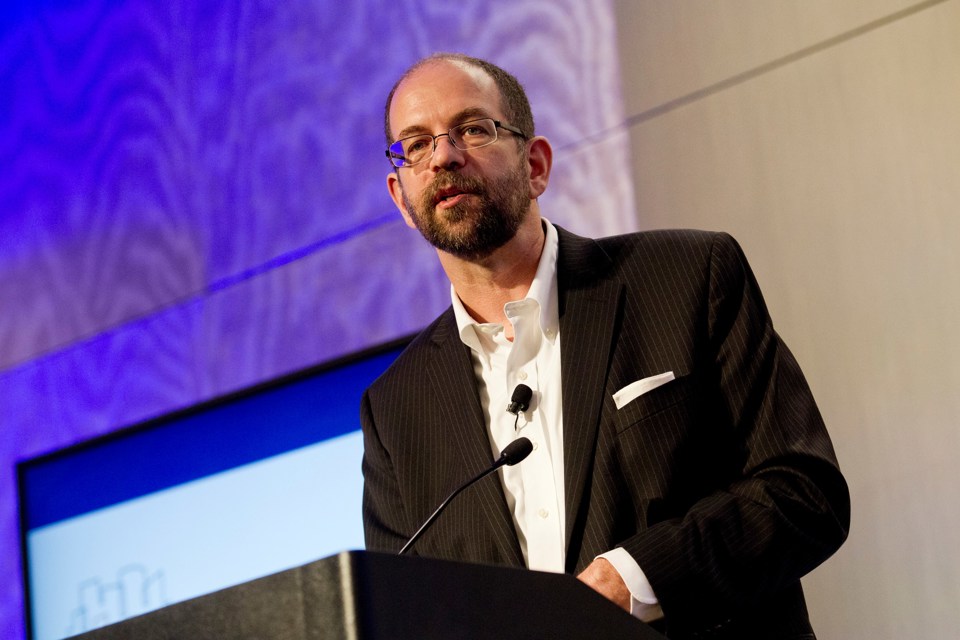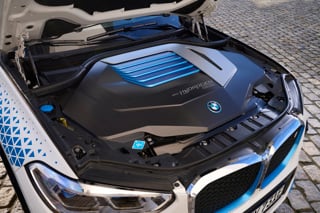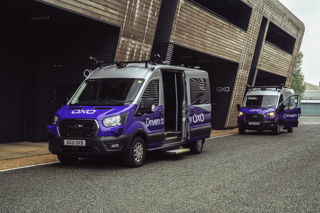Toyota is to open a third Toyota Research Institute facility in the USA, which will fund studies into artificial intelligence, materials science and robotics.
The new centre, known as TRI-ANN, is due to open in June this year and is set to build a 50-strong team. It will join the TRI facility which opened in Palo Alto in January (TRI-PAL) to work with Stanford University, and TRI-CAM in Cambridge, which works with the Massachusetts Institute of Technology.
Dr Gill Pratt, TRI Chief Executive (pictured), said: “Sensor hardware and algorithms are improving at a tremendous pace. TRI researchers will push the frontier even further, resulting in safer vehicles and more helpful robots in the home.”
Each TRI facility will have a different core discipline: TRI-ANN will focus primarily on fully autonomous (chauffeured) driving; TRI-PAL will work on so-called “guardian angel” driving, where the driver is always engaged, with the vehicle assisting when needed; and TRI-CAM dedicating a large part of its work to simulation and deep learning.
The Toyota Research Institute is an enterprise designed to bridge the gap between fundamental research and product development. With initial funding of $1 billion, it has four initial mandates.
The first is to strive to enhance automobile safety with the ultimate goal of creating a car that is incapable of causing a crash, regardless of the skill or condition of the driver. The second is to work to increase access to vehicles for those who otherwise could not drive, including older people and those with special needs. The third is to help translate Toyota’s expertise in creating products for outdoor mobility into products for indoor mobility.
Finally, TRI will accelerate scientific discovery by applying techniques from artificial intelligence and machine leaning, particularly in the sphere of materials science. This will also help reduce costs and improve the performance of future mobility systems.
Beyond these, TRI is engaging in multiple projects with the three universities and is also pursuing collaboration with other car makers, IT companies, suppliers, research labs and academic institutions for the joint development of autonomous technologies.
Pratt said: “Although the industry, including Toyota, has made great strides in the last five years, much of what we have collectively accomplished has been easy, because most driving is easy. Where we need autonomy to help most is when the driving is difficult. It’s this hard part that TRI intends to address.
“Toyota’s goal is safe mobility for all, at any time, in any place, and the tremendous improvements in quality of life that such universal mobility can bring.”


















Login to comment
Comments
No comments have been made yet.